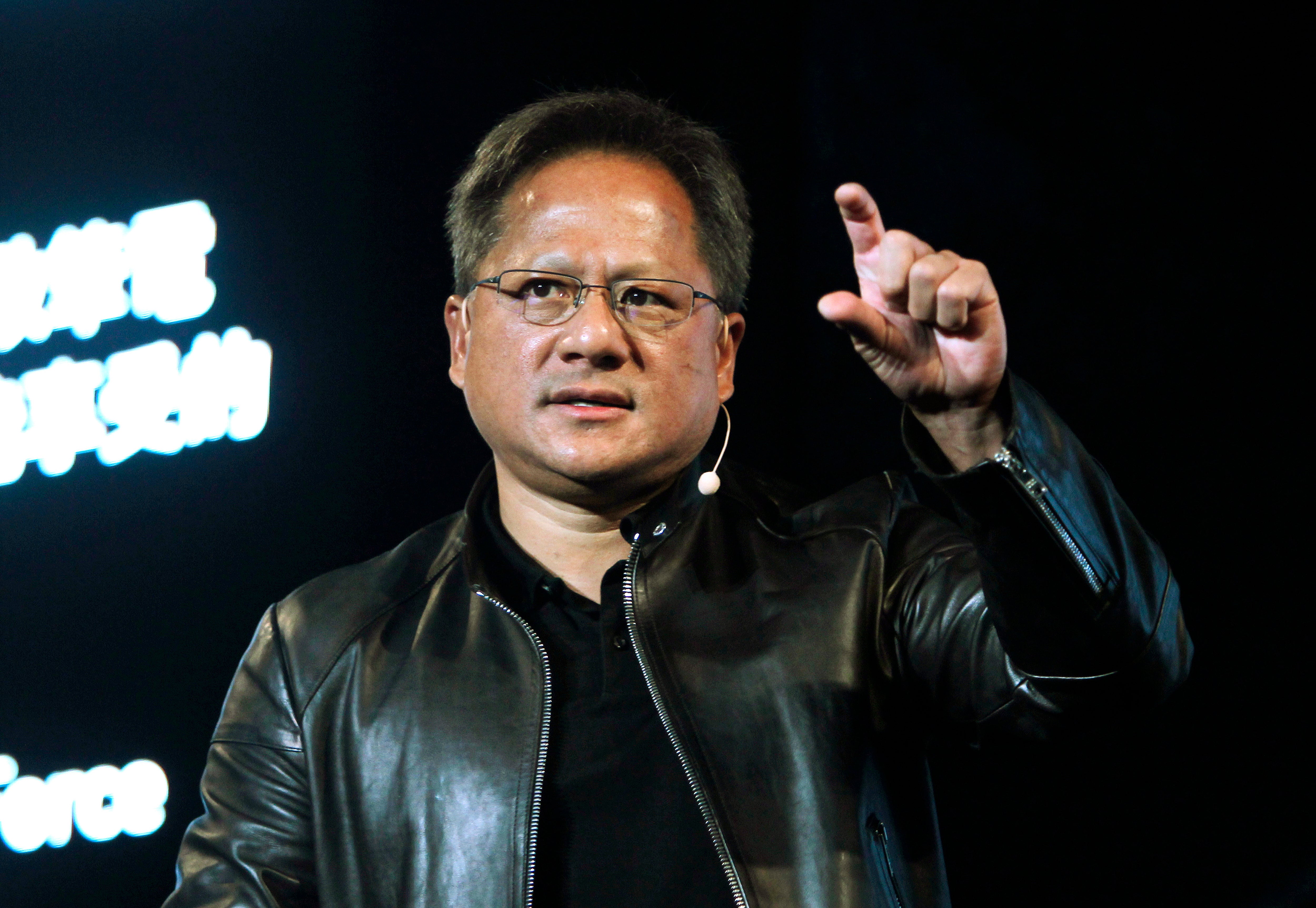Nvidia says it will build UK's most powerful supercomputer
Graphics chip maker Nvidia plans to build Britain’s fastest supercomputer that healthcare researchers can use to work on medical problems including COVID-19

Your support helps us to tell the story
From reproductive rights to climate change to Big Tech, The Independent is on the ground when the story is developing. Whether it's investigating the financials of Elon Musk's pro-Trump PAC or producing our latest documentary, 'The A Word', which shines a light on the American women fighting for reproductive rights, we know how important it is to parse out the facts from the messaging.
At such a critical moment in US history, we need reporters on the ground. Your donation allows us to keep sending journalists to speak to both sides of the story.
The Independent is trusted by Americans across the entire political spectrum. And unlike many other quality news outlets, we choose not to lock Americans out of our reporting and analysis with paywalls. We believe quality journalism should be available to everyone, paid for by those who can afford it.
Your support makes all the difference.Graphics chip maker Nvidia said Monday it plans to build Britain's fastest supercomputer that healthcare researchers can use to work on medical problems including COVID-19.
Nvidia, based in Santa Clara, California, said it will spend 40 million pounds ($52 million) on the supercomputer, dubbed Cambridge-1, which will consist of 80 Nvidia systems and is expected to be online by the end of the year.
Nvidia CEO Jensen Huang said Cambridge-1 will be available to healthcare researchers using artificial intelligence to working on urgent medical challenges.
“Tackling the world’s most pressing challenges in healthcare requires massively powerful computing resources to harness the capabilities of AI,” Huang said.
Cambridge-1 would be ranked the world’s 29th most powerful supercomputer and the most powerful in the U.K. the company said.
Pharmaceutical companies GlaxoSmithKline and AstraZeneca are among the groups that have already signed up to use the supercomputer.
The announcement comes after the company said last month it agreed to buy U.K.-based chip designer Arm Holdings for up to $40 billion, and would set up an artificial intelligence research center in Cambridge, England, where Arm is headquartered.